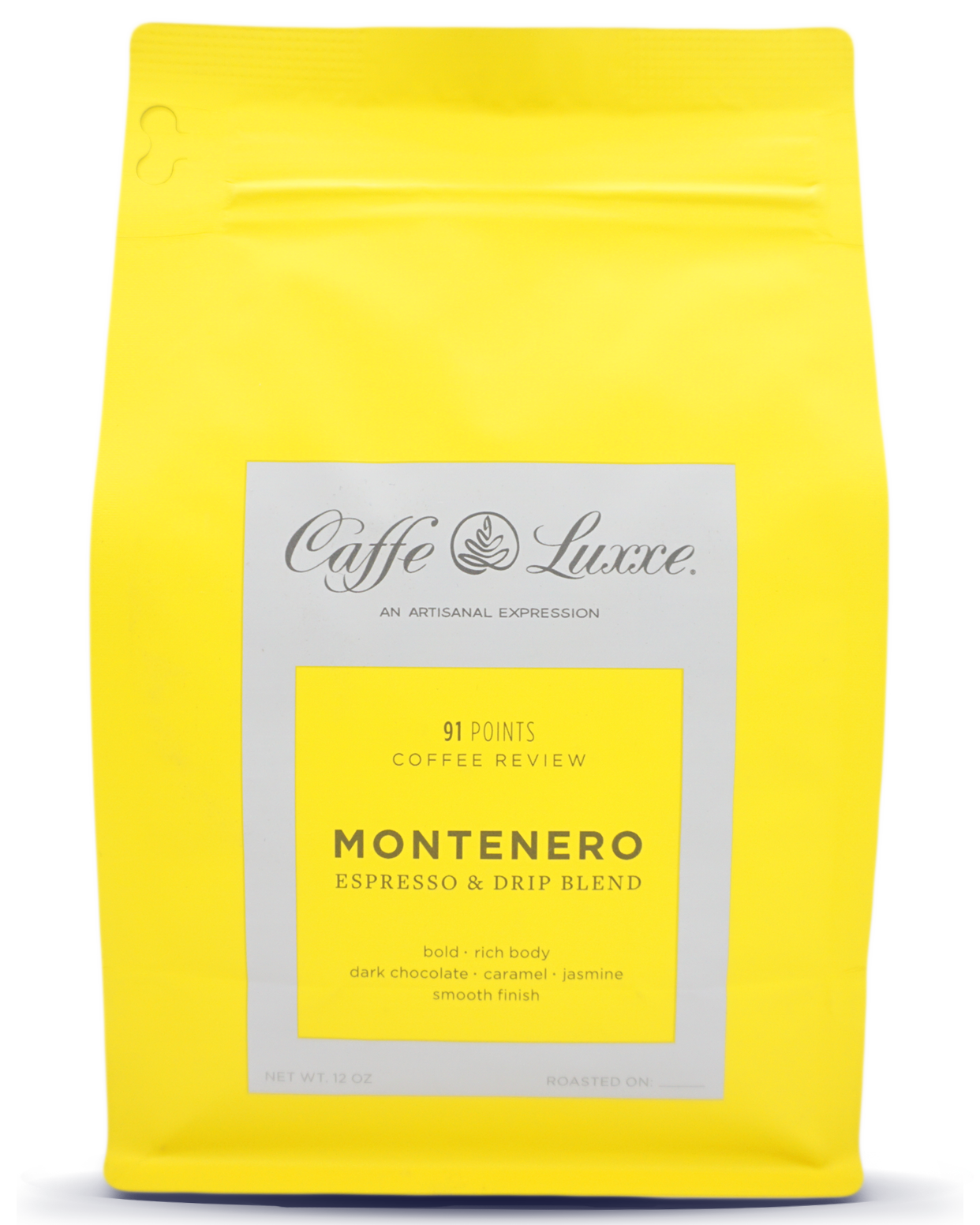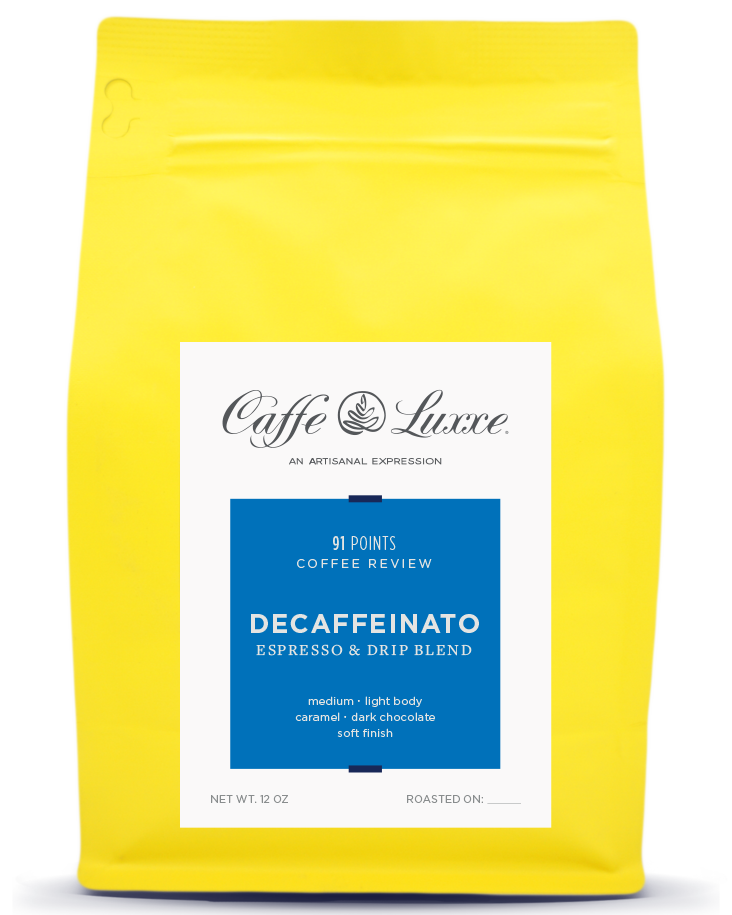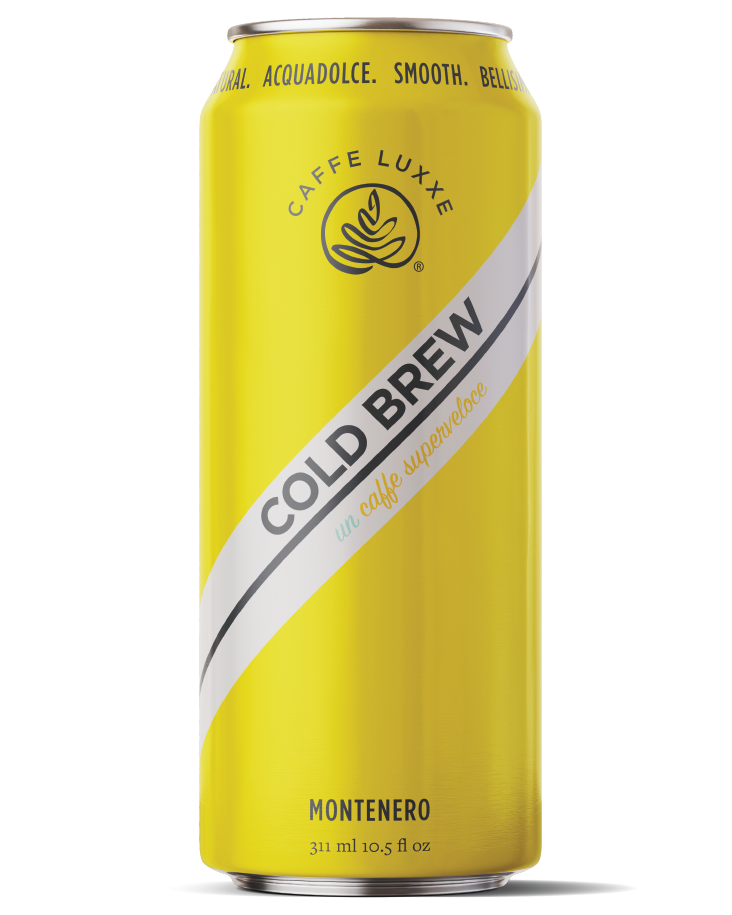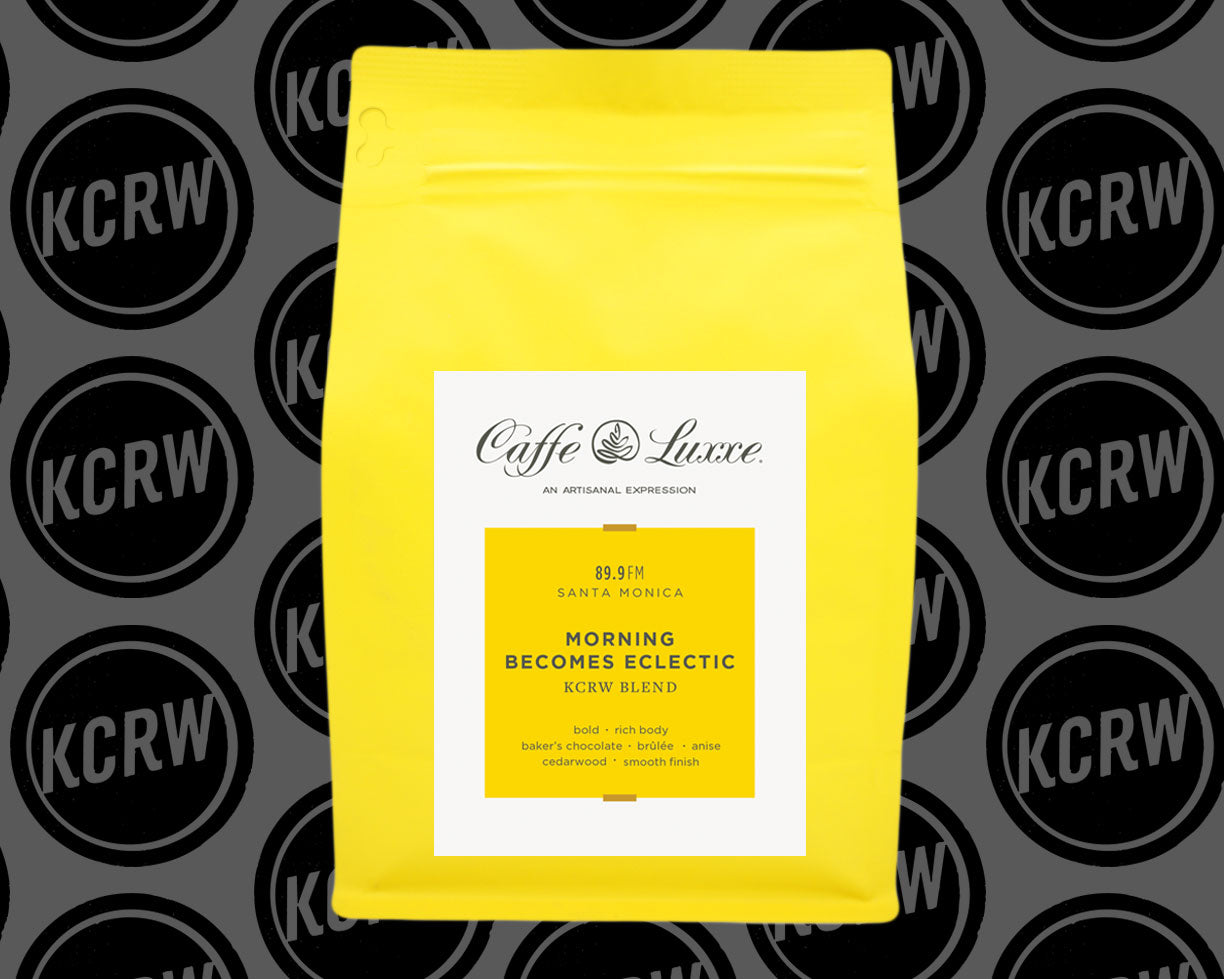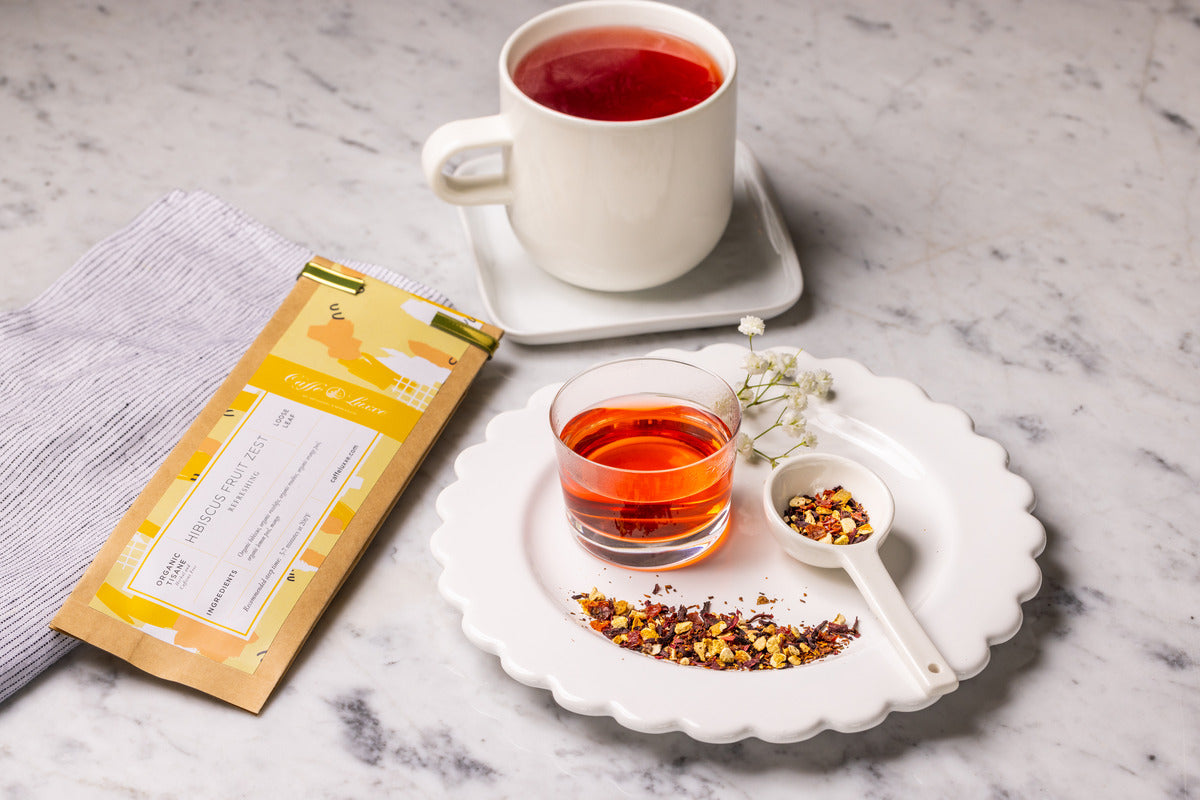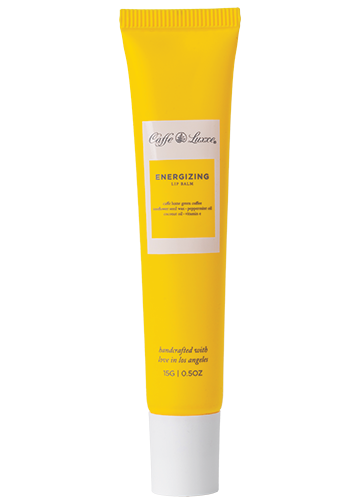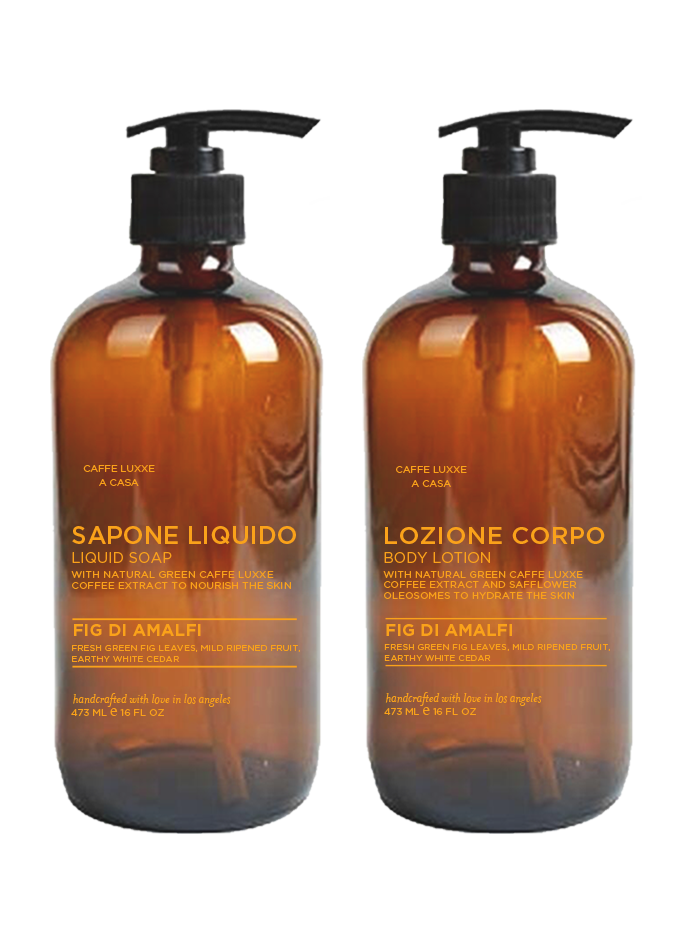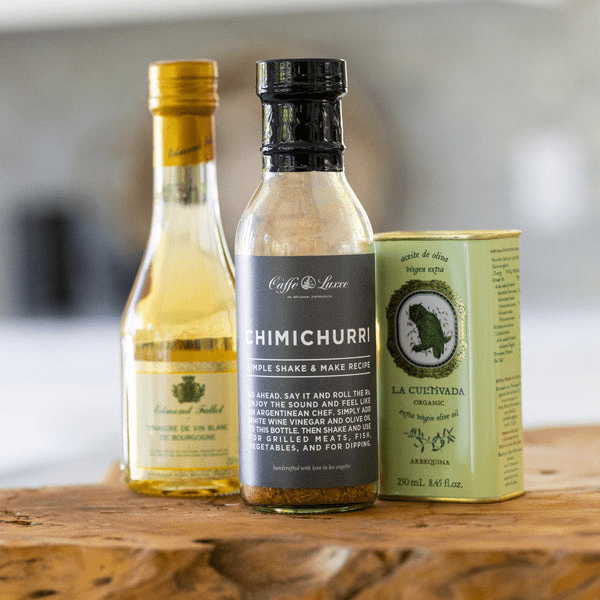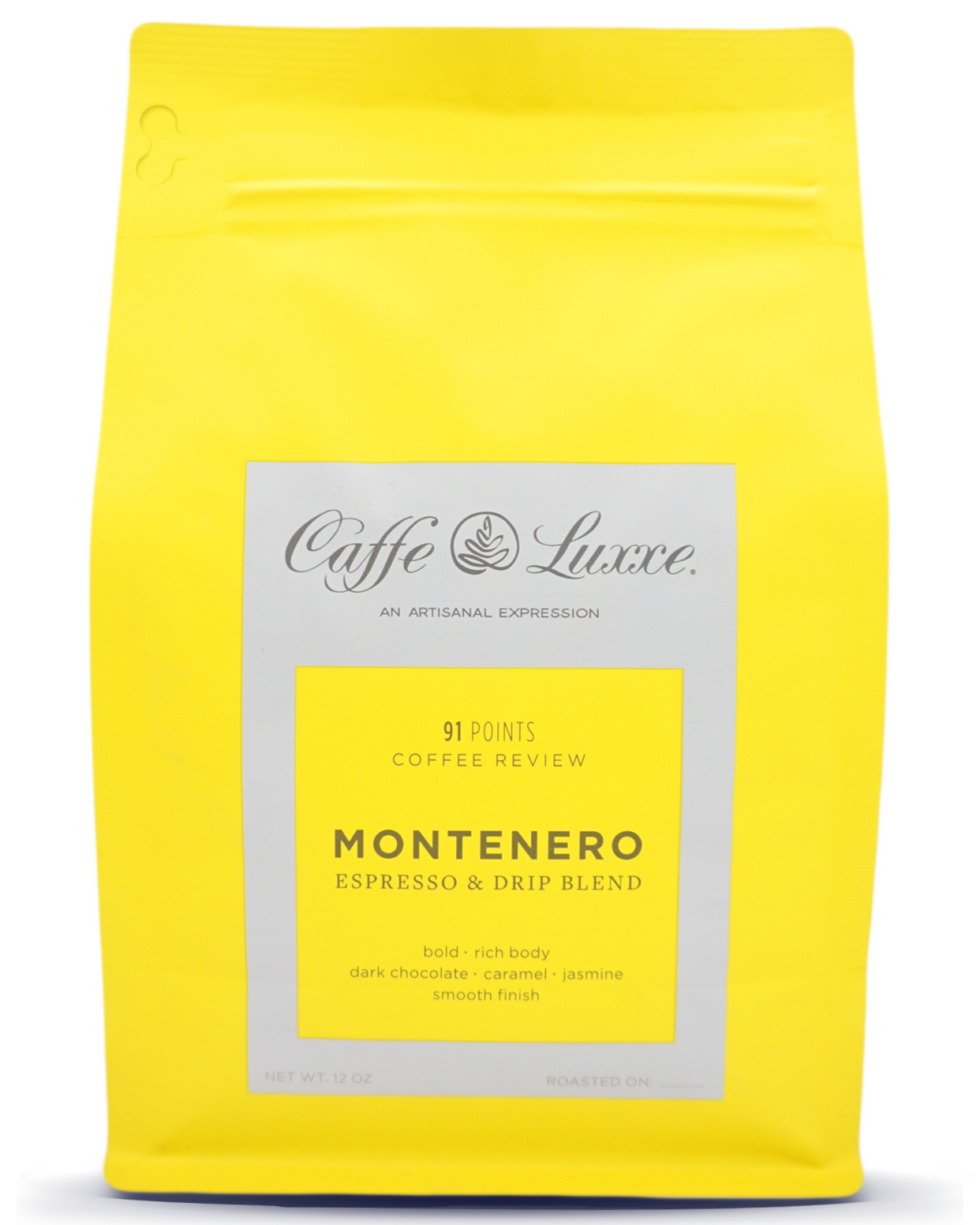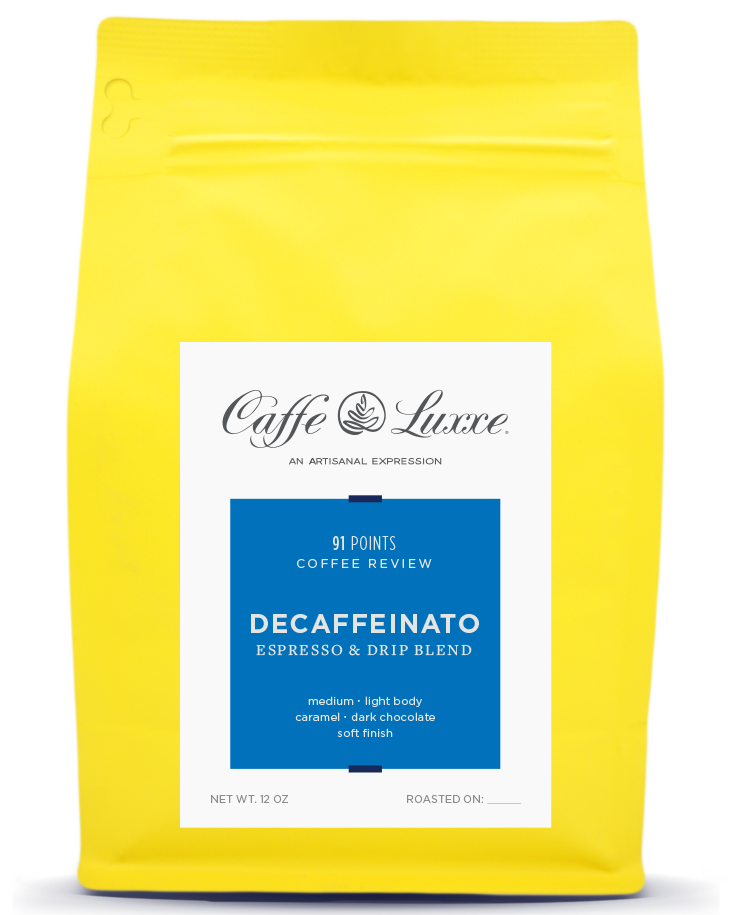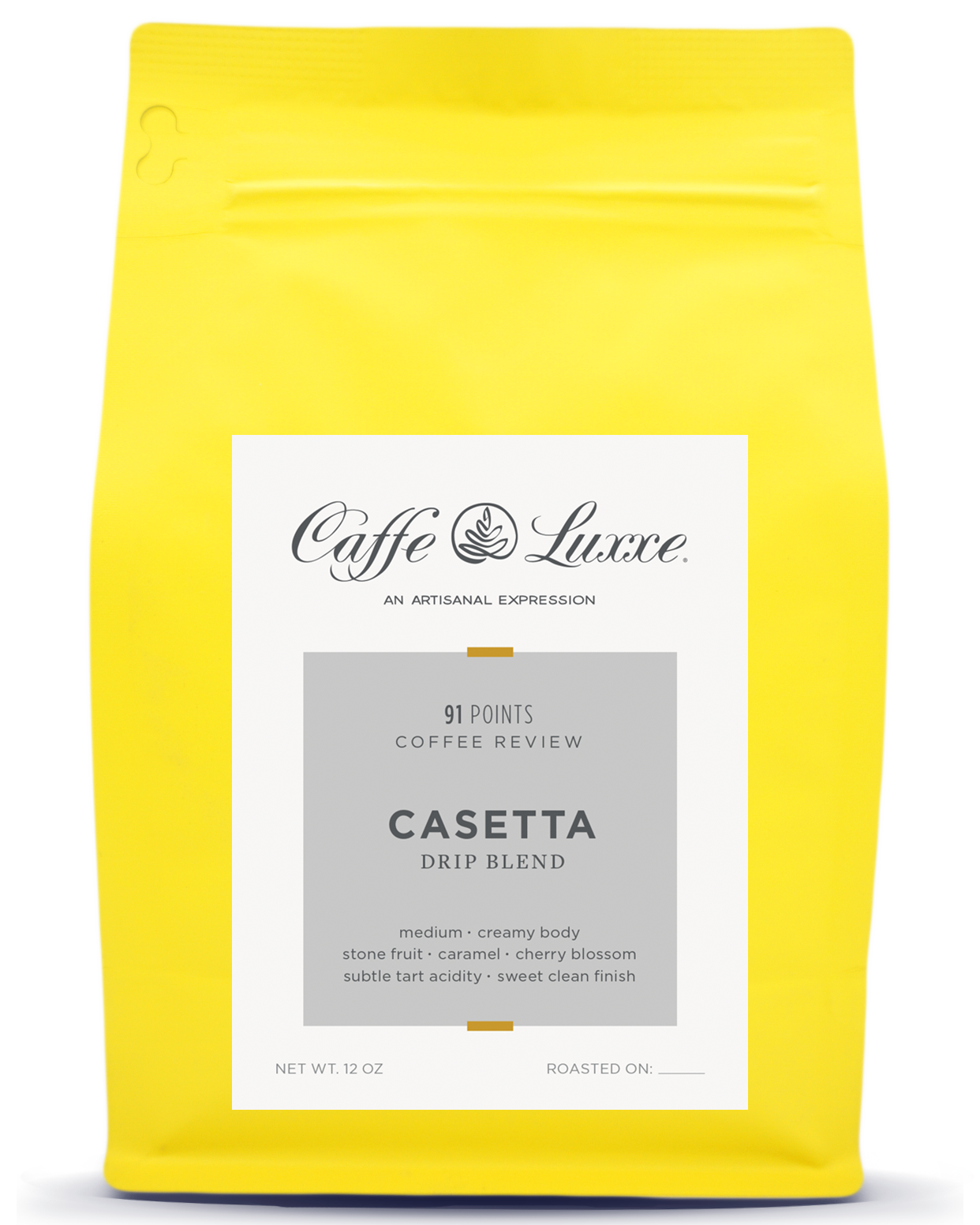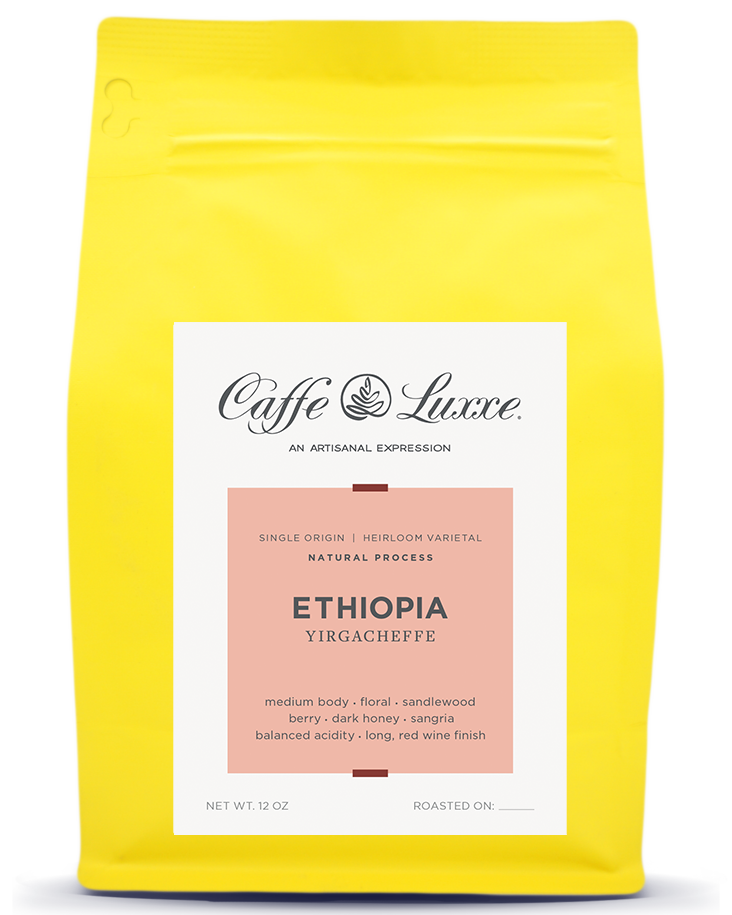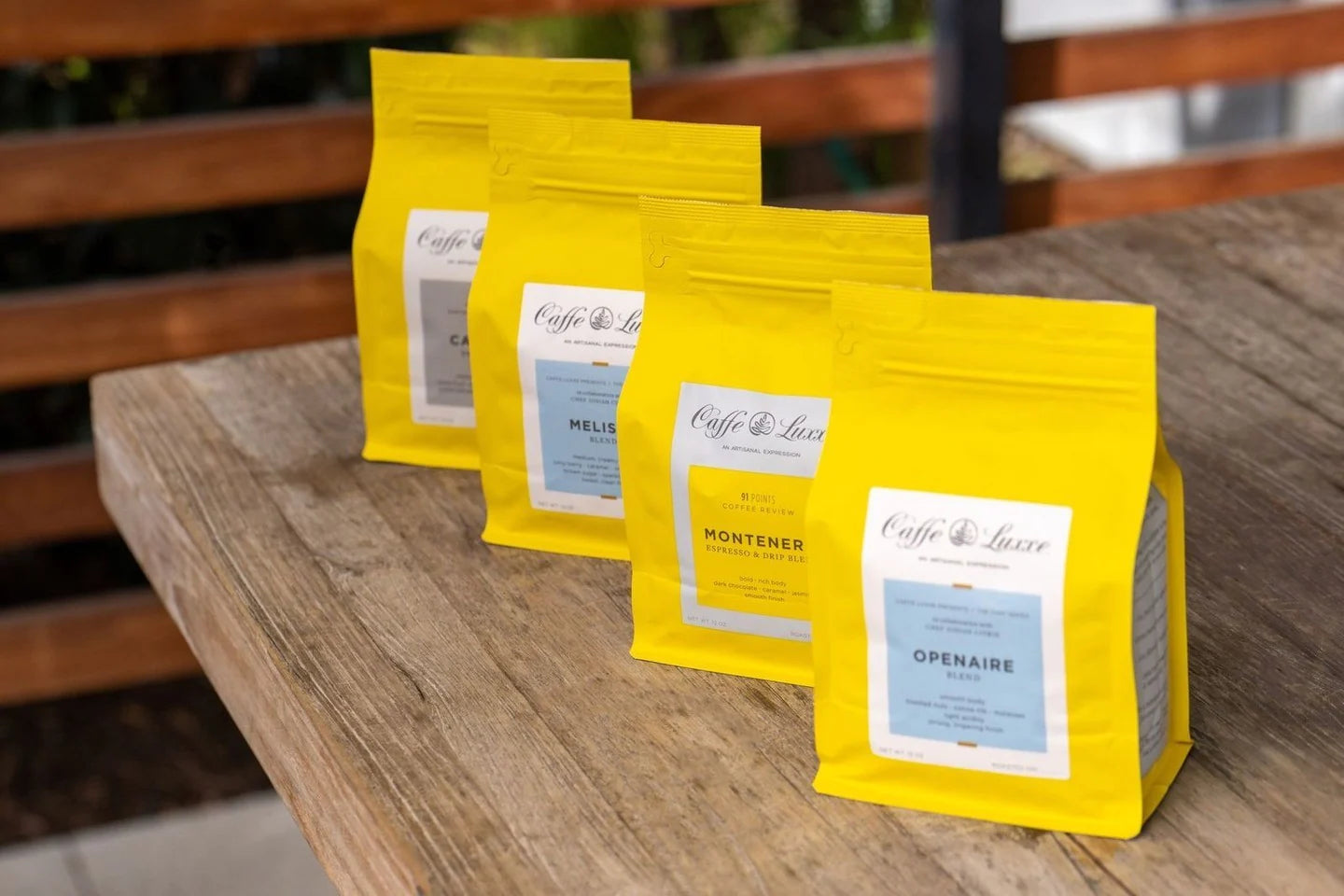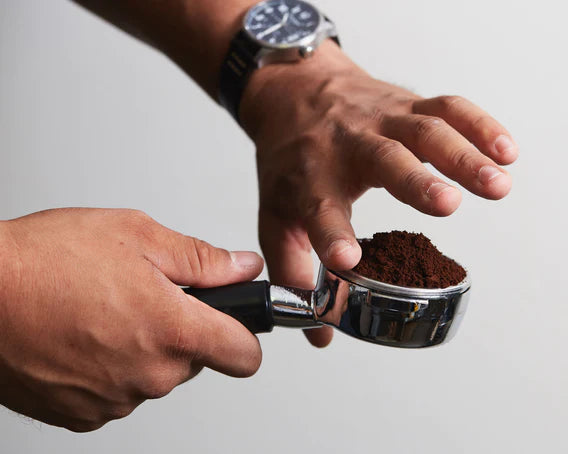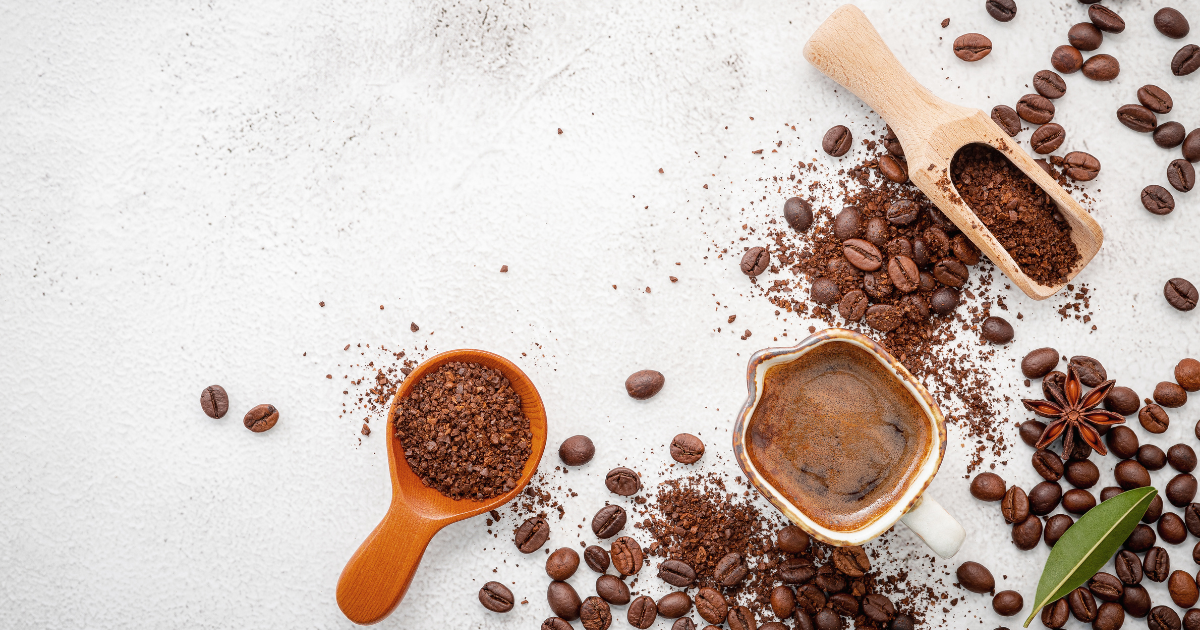
What is the Best Non-Dairy Milk Alternative for Coffee?
Coffee is one of the most-consumed beverages in the world. According to statistics, coffee lovers worldwide consume more than 166 million 60-kilogram bags each year. Whether they take their coffee as black as midnight or with a dash of milk—many attest that they simply cannot function without that first-morning cup.
And when many coffee lovers reach for something to add to their cuppa, they reach for milk or some other dairy-based creamer. But why? So, what's the importance of milk in coffee? Why does milk—or dairy in general—taste so good in coffee? And what about those of us whose tummies can't handle dairy? Well, we'll give you some dairy milk alternatives for your morning cup.
So let's jump right in.

Coffee & Milk
Answering why coffee lovers prefer to have milk in their coffee is pretty straight-forward—and understandable. The obvious answer is that milk enhances the flavor of coffee. Some people don’t want their coffee to taste strong, and milk can help create a flavor and texture balance. When it comes to taste, milk adds sweetness, creaminess, and richness to the coffee.
Adding milk also curtails the energizing effects of coffee when you drink it at night. There are health benefits as well. For instance, people with acid reflux problems are not advised to drink black coffee, so putting milk will taper the acidity in coffee. Plus, milk is a good source of calcium and potassium.
But we all have that one friend who can't have cheese on their pizza or enjoy ice cream. Milk simply does a number on their digestive system. But we'll look at the five best milk alternatives for coffee, so you can enjoy your favorite coffee drink with all the flavor you want and without giving up the creamy goodness of milk.
But we do need to make a distinction between a couple of terms you'll see: dairy-free and non-dairy.
Dairy Free vs Non-Dairy
We're not splitting hairs, here. There is an important distinction between dairy-free and non-dairy. You might think that both terms would mean the same: the absence of milk. But when you see coffee creamers labeled as “non-dairy” on the grocery shelf, they're not exactly free from milk.
A coffee creamer can be labeled "non-dairy" so long as it contains 0.5% or less milk. That might be okay for a lot of lactose-intolerant individuals, but it could still present a problem for those with more severe allergies and sensitivities to milk.

Soy Milk
Soy milk is the original milk alternative. Like other milk alternatives, it is made by soaking soybeans in water and blending them until you get a smooth liquid. Then, the solid bits are drained out.
It contains good fats, fiber, protein, calcium, iron, potassium, and vitamin D. Soy milk is considered the most nutritionally similar to cow’s milk. It also has a creamy consistency, making it easy for baristas to replicate various coffee drinks that usually use cow’s milk. Depending on the acidity and temperature of the coffee, however, soy milk tends to curdle easier than most other alternatives.
Some people may be wary about including soy in their diet. The concern is that soy has testosterone-blocking and estrogen-mimicking effects. While soy does contain a naturally occurring organic compound substance hormone-like structure. But there's not enough of this substance for soy milk to have an adverse effect on men.
That said, when it comes to your health, you're in charge. If you're still concerned about this substance—or you don't like that most soybeans in the U.S. are genetically modified—there are plenty other delicious, dairy-free options for you to choose from. For instance:
Oat Milk
Oat milk is derived by simply soaking oats in water, blending the mixture, then straining it to leave the solids behind. The result is creamy oat milk, perfect for a cup of dairy-free coffee.
Some people fear the taste of non-dairy milk. However, oat milk is the closest to regular milk when it comes to taste—rich, creamy, and just a tad sweet. Of course, you will still taste a bit of the oat in it too.
You can use oat milk just like you do cow’s milk in coffee mixtures: Add it to brewed coffee or espresso, iced lattes, and iced mochas, and you can even use it in coffee art. When you use oat milk for coffee art, observe the temperature closely because it heats faster than cow’s milk.
Oat milk has been around for about two decades. Still, it has only gained popularity over the last few years as many become more conscious about their diet, preferring dairy-free, gluten-free, and vegan-friendly options.
Almond Milk
Almond milk is made by soaking almonds in water, preferably overnight, and then draining them. The drained almonds are blended with fresh water for a minute or two. The mixture is then poured over a nut milk bag to get non-dairy milk - but with a similar consistency to dairy milk.
According to popular opinion, almond milk tastes better than cow’s milk. It also has many healthy nutrients, low calories, and no cholesterol or saturated fats. It’s the perfect milk substitute for coffee because of its rich and nutty flavor. You don’t even need to add sugar when you use sweetened almond milk in your coffee.
Almond milk has the ability to curdle, though. The temperature change and/or the acidity of the coffee can curdle the milk when you use cold almond milk for coffee. And while almond milk makes attractive foam, it also separates easily, which makes it challenging for making foam. On the plus side, you can use almond milk in almost all coffee drinks.

Cashew Milk
Just like almond milk, cashew milk is a milk alternative with a nutty and rich flavor profile. It has a creamy texture too. It is made by soaking cashews in extremely hot water and then in regular water overnight. Drain the cashews and blend them with fresh water until smooth and creamy. Then, strain the solid bits out.
Cashew milk is also one of the healthy milk alternatives for coffee. It is rich in nutrients with healthy fats, proteins, and a handful of vitamins and minerals. It is even naturally sweeter than almond milk, which means coffee lovers who want a bit of sweetness in their morning drink don’t need to add sugar. Cashew milk also has a thickness, which is perfect for lattes and other frothy drinks like coffee cocktails.
Coconut Milk
Coconut milk is not new. It is a popular ingredient in cooking, especially in curries. However, it has recently become trendy for being one of the best milk alternatives for coffee.
Many people have started using coconut milk for coffee because it is vegan-friendly and healthy. It is rich in vitamins and minerals and contains vitamin C, iron, fiber, folate, potassium, and many more. However, it is also higher in fat and calories than cow’s milk.
Coconut milk can be used in variations on classic coffee drinks, but it tends to curdle because of the coffee’s acidity. So, let the coconut milk sit for a bit before adding it to your coffee drinks. Coffee lovers must prepare for the coconutty taste of the coffee, though, as it will be quite prominent.
The Wrap-Up
People who are lactose-intolerant or want to reduce the amount of milk in coffee have popular alternatives: soy, oat, almond, cashew, and coconut, amongst others. But what's the best milk alternative? Well, that's a matter of taste. So . . . taste them all! See which one fits yours! Any of these options will be a rich, creamy, delicious addition with our coffees.
Stop by one of our locations and try it yourself. Or have the Caffe Luxxe experience delivered to you!